On the afternoon of May 31, the National Assembly discussed in groups the draft Resolution of the National Assembly on the organization of urban government and piloting a number of mechanisms and policies for the development of Da Nang city. The content that many delegates were interested in was the policies on piloting the establishment of a free trade zone in Da Nang.
Policy mechanisms must be more innovative and open.
Delegate Luong Van Hung (Quang Ngai Delegation) said that free trade zones are a new model in Vietnam, but in other countries they have been established for a long time and have brought efficiency to the economy , promoting the model of seaport ecosystems, logistics, and export processing activities.
“With its potential scale, this model is completely suitable for Da Nang. Integrating 3 production zones, seaport logistics and services. Thereby creating momentum for Da Nang to develop more smoothly,” emphasized the delegate of Quang Ngai province.
Therefore, he agreed that it is necessary to have preferential policies to develop the Da Nang free trade zone with incentives on tax, investment, land tax, significantly reducing costs, time and administrative procedures.
According to Mr. Hung, this pilot will bring a more favorable investment and business environment and replicate some provinces and cities with similar conditions.
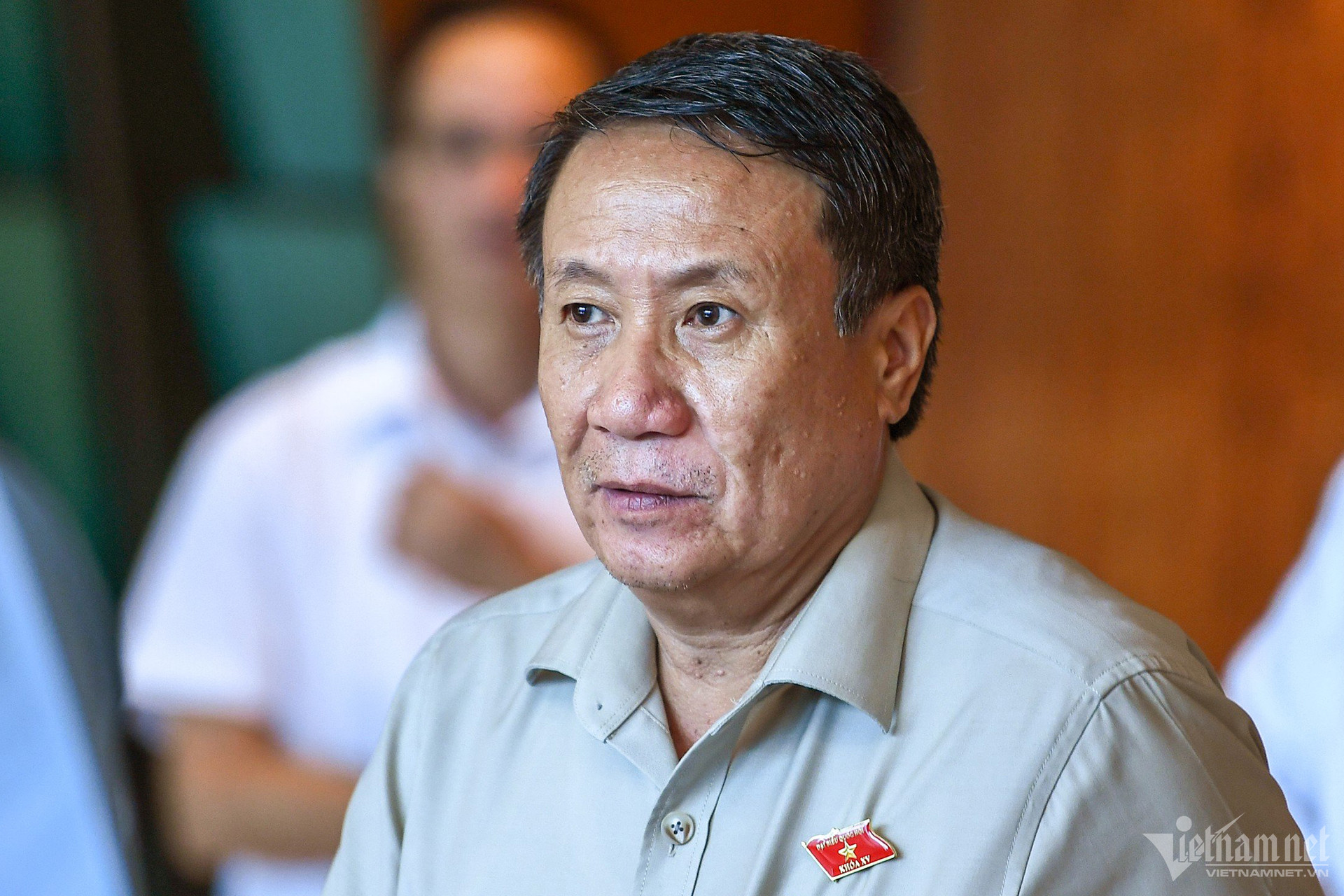
Standing Vice Chairman of Quang Tri Provincial People's Committee Ha Sy Dong suggested that the Government must have a separate project on free trade zones and cannot stipulate general regulations in the resolution.
“If we put it in this general way, how can we implement it later? Because such a regulation is not consistent with current regulations and will cause conflicts. It is necessary to separate it to build a project that clearly states which policy mechanism is superior and which law it is in,” Mr. Dong suggested.
He cited that since 2000, Quang Tri has also piloted the construction of the Lao Bao free trade zone, but by 2015, the summary showed many shortcomings and loopholes, causing tax losses.
In addition, the Vice Chairman of Quang Tri province noted that up to now, 10 localities have requested special policies: "Is that because our legal system is too tight, is it restraining the autonomy of local governments, and is not promoting the role of autonomy and self-responsibility of local governments?"
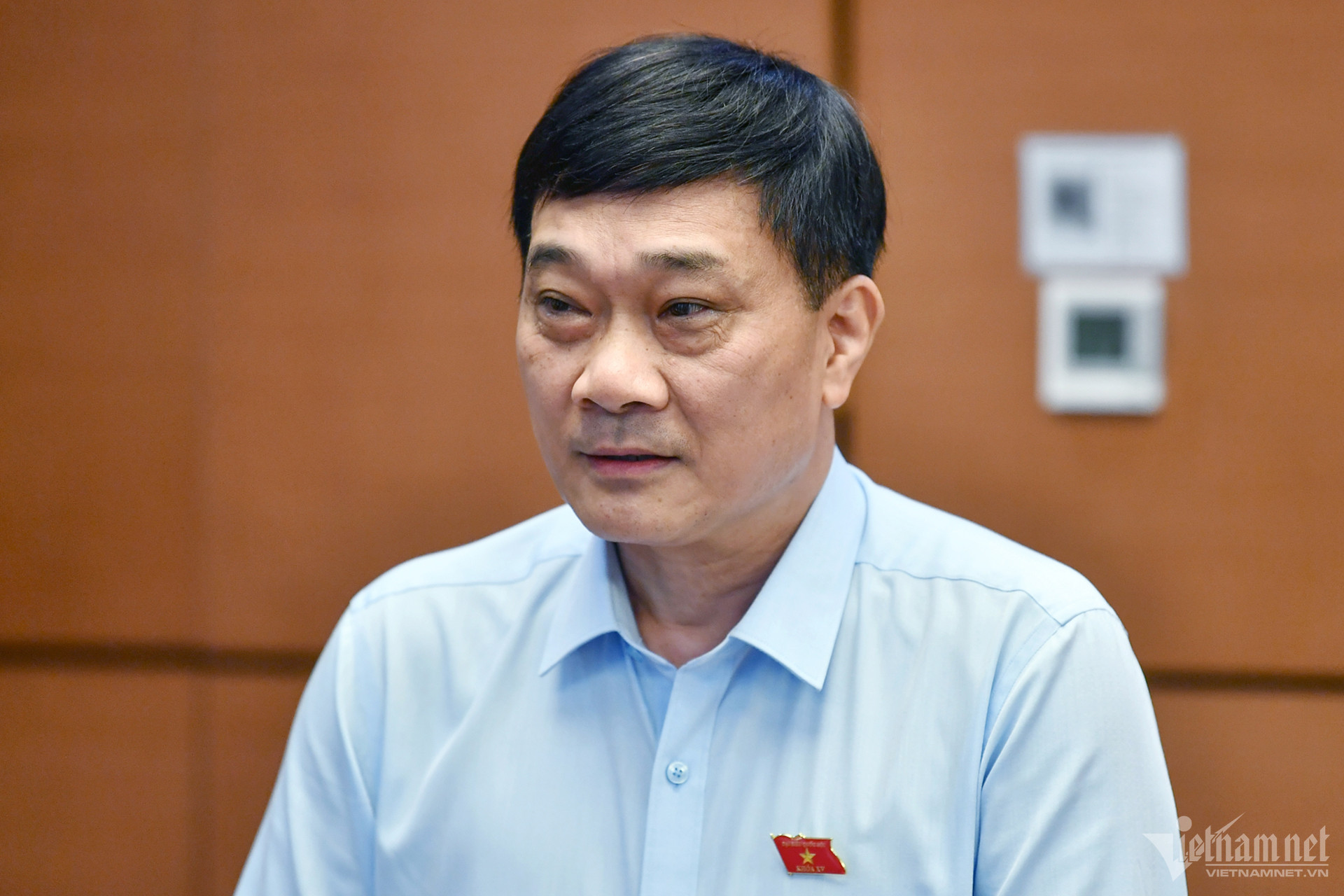
Citing experience from China, which currently has 22 free trade zones, the first one in Shanghai has been continuously expanded, Chairman of the Economic Committee Vu Hong Thanh emphasized: "We should support this proposal for free trade zones."
Thinking that if there must be a separate project, when will we have a free trade zone model, Mr. Thanh suggested not to be perfectionist, just pilot the establishment and consider this as a place to test policy mechanisms. If any policy mechanism is effective, then replicate it.
The Chairman of the Economic Committee continued to cite the Shanghai free trade zone, established in 2013 and still under pilot status, which has undergone six adjustments, from the initial 28 km2 to now expanded to 200 km2 and is considered very successful.
However, he said that the policy mechanism for the Da Nang free trade zone is "still too weak" because it mainly copies regulations from here and there that have been applied in industrial parks and economic zones.
“If the policy mechanisms are like this, will they be more attractive than the free trade zones right next to us? I still want to pilot them, but the policy mechanisms must be more innovative and open,” Mr. Thanh suggested.
Da Nang does not rely on resources requested from the Central Government.
Da Nang Party Secretary Nguyen Van Quang also emphasized that without breakthrough and specific mechanisms, Da Nang will not achieve the goals set by the Politburo and Central resolutions.
Stating that the development space, especially land space, has certain limitations, Mr. Quang said that the city is oriented towards green development and sustainable development based on science, technology and innovation, and implementing new policies to attract investment.
These are new driving forces in green development as well as environmental preservation of the city, serving larger goals such as sustainable tourism development.
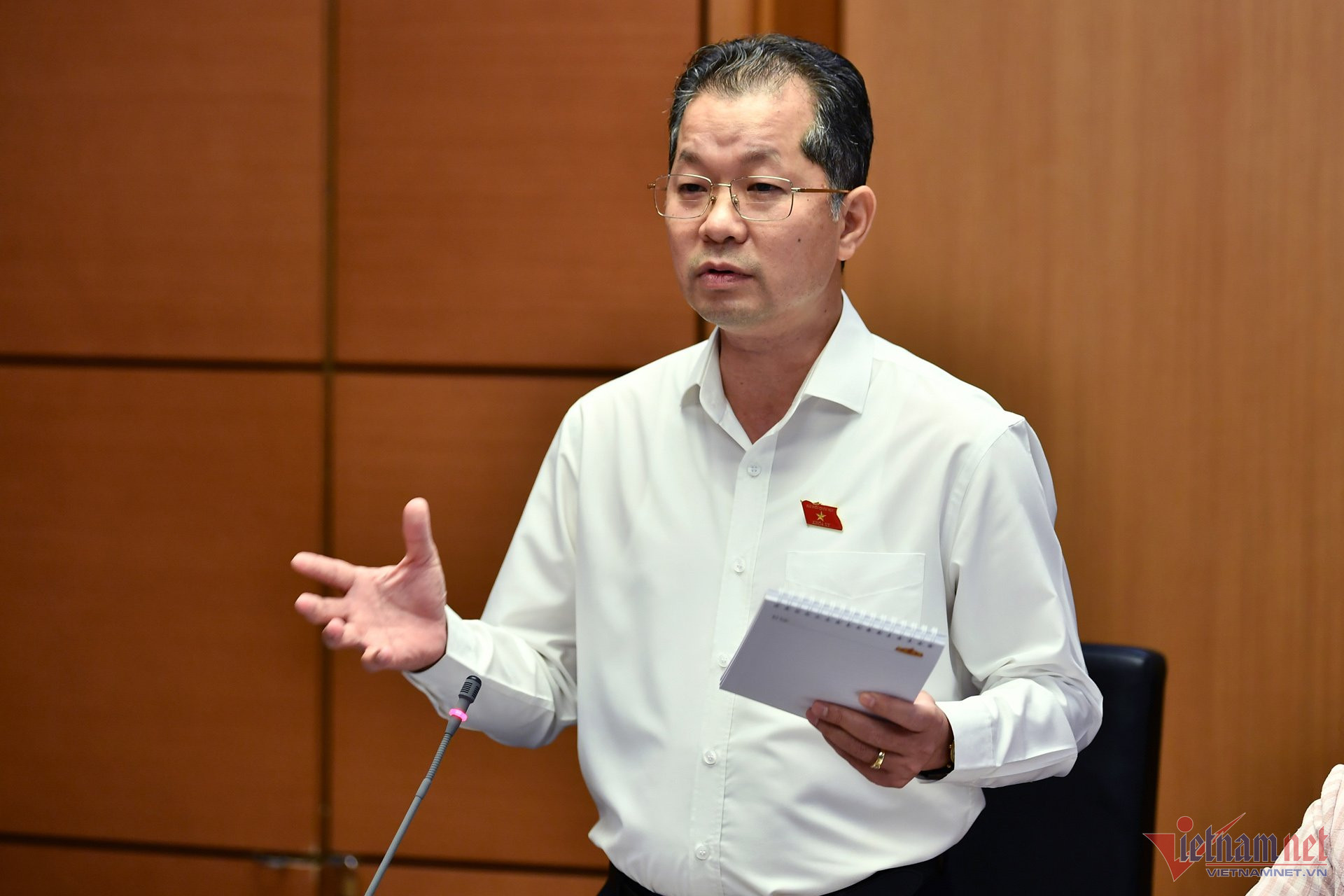
According to Mr. Quang, among the 5 new policies, there are 2 policies that are very noteworthy; in which, Da Nang boldly proposed and was approved by the Politburo to pilot the commercial zone.
“This is one of the breakthroughs and also a daring thought, daring action in testing a model that has been affirmed by the world but has no precedent, no practice in Vietnam. Da Nang determined that this is risky but accepts it. If successful, this will be the foundation for replication across the country, but the city will bear the risks,” said the Da Nang Secretary.
Another point is that Da Nang aims to develop science, technology and innovation. This is one of the new points compared to the policies of many other localities.
In addition, the city also wants to attract resources for the development of the semiconductor and artificial intelligence industries. On that basis, there is a mechanism to attract large technology corporations in the world such as Intel, Qualcomm, Ampere, ARM, etc.
"Currently, big investors have raised the issue, just waiting for this policy mechanism to invest in the city," said the Secretary of Da Nang.
A very new point compared to many other localities, Mr. Quang said, is that Da Nang does not rely on resources requested from the Central Government but builds policies to proactively and autonomously manage the city's resources and mobilize social resources for investment and development.
“We are determined to be self-reliant and autonomous in implementing these policies. If successful, this will be the foundation for other localities and replication across the country,” Mr. Quang shared.
In the previous review report, Chairman of the Finance and Budget Committee Le Quang Manh said that the majority of opinions of the Committee believe that the pilot establishment of a free trade zone is a major policy with sufficient political and legal basis.
This is a breakthrough policy, a political determination, a spirit of innovation, creativity, daring to think and dare to do of Da Nang City and the Government in applying the world's advanced development model; if successfully implemented, it will create a premise to promote the socio-economic development of Da Nang City and the whole region.
The pilot is meant to lay the foundation for the formation of new policies in the process of operating a socialist-oriented market economy in our country; at the same time, there are breakthrough areas to focus on developing such as semiconductor microchips and artificial intelligence.
This is also a trial step, to learn from experience and improve. Therefore, the majority of opinions in the Finance and Budget Committee agree with the policy of piloting the establishment of a Free Trade Zone in Da Nang.
However, the audit agency also noted that this is a big issue, not only economic in nature but also related to national defense, security, order, social safety, and associated with institutions and the legal system.
To effectively implement this policy of the Politburo, the Finance and Budget Committee proposed that the Government direct a review to clearly and specifically stipulate a number of contents in the draft resolution.
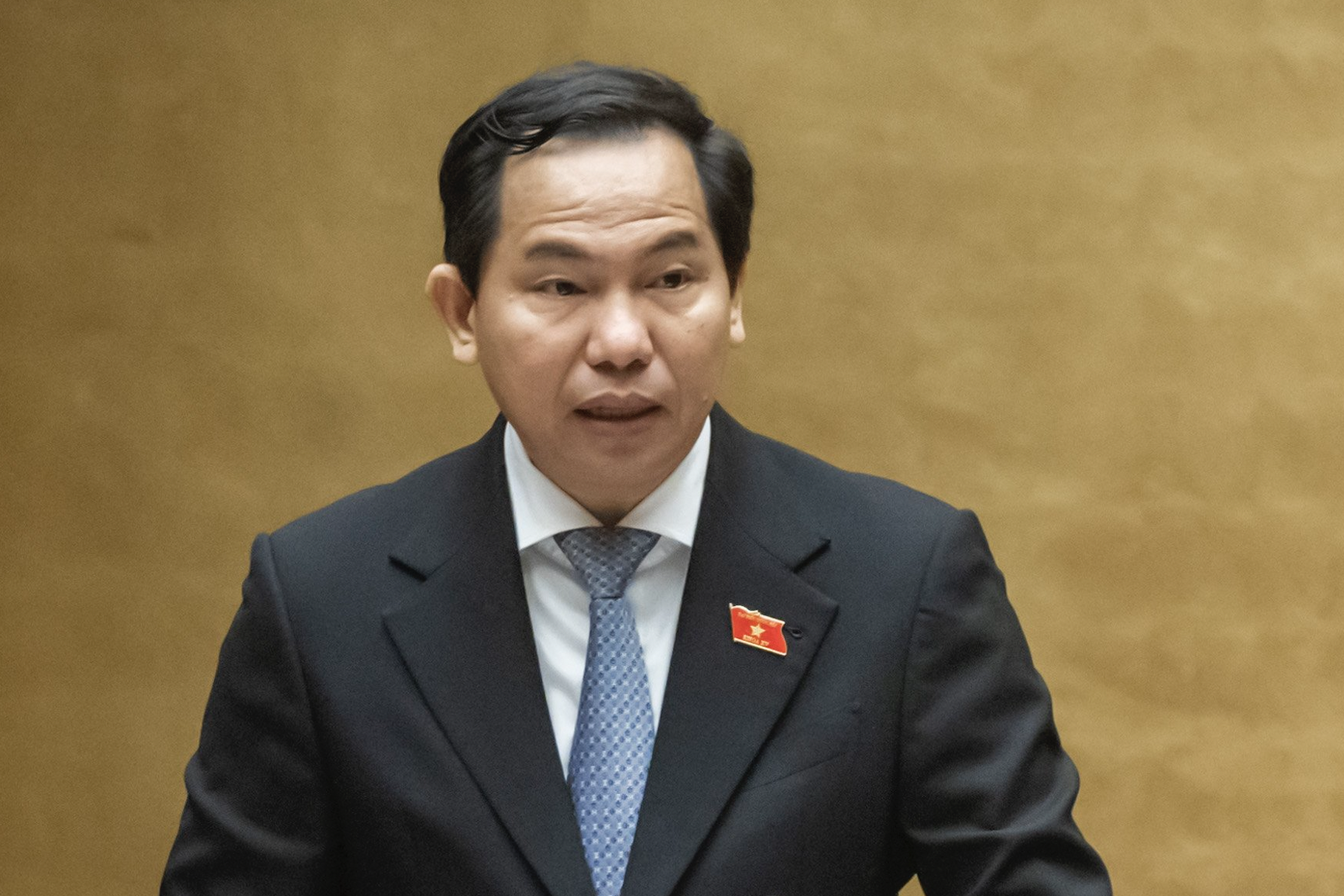
Empowering Da Nang to have policies to attract semiconductor industry experts
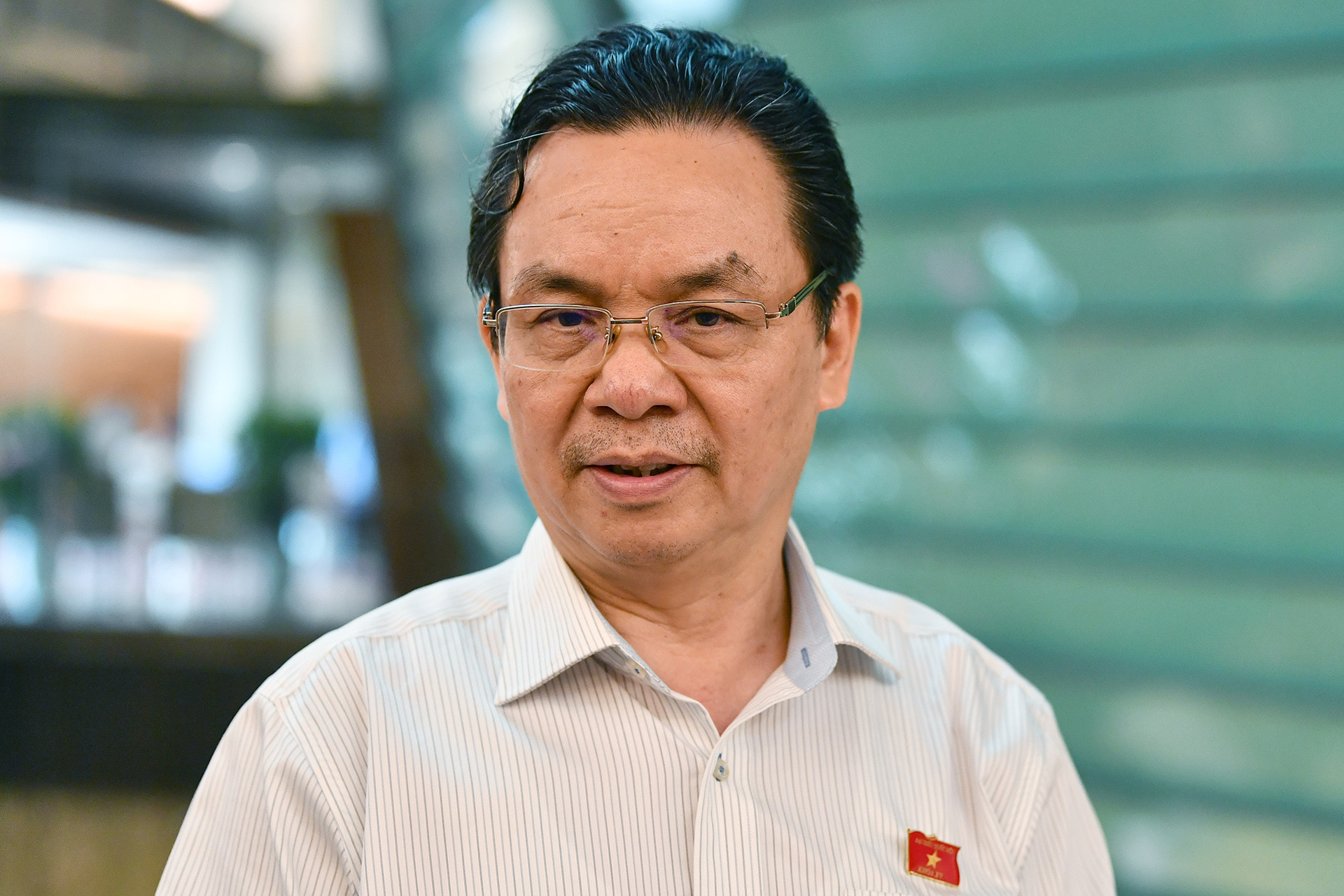
Establishing a free trade zone to attract large investors and attract tourists to spend money
Source: https://vietnamnet.vn/da-nang-chap-nhan-rui-ro-dam-nghi-dam-lam-thi-diem-khu-thuong-mai-tu-do-2286514.html



![[Photo] Prime Minister Pham Minh Chinh chaired a meeting to evaluate the operation of the two-level local government model.](https://vphoto.vietnam.vn/thumb/1200x675/vietnam/resource/IMAGE/2025/10/29/1761751710674_dsc-7999-jpg.webp)
![[Photo] Human love in the flood in Hue](https://vphoto.vietnam.vn/thumb/1200x675/vietnam/resource/IMAGE/2025/10/29/1761740905727_4125427122470875256-2-jpg.webp)
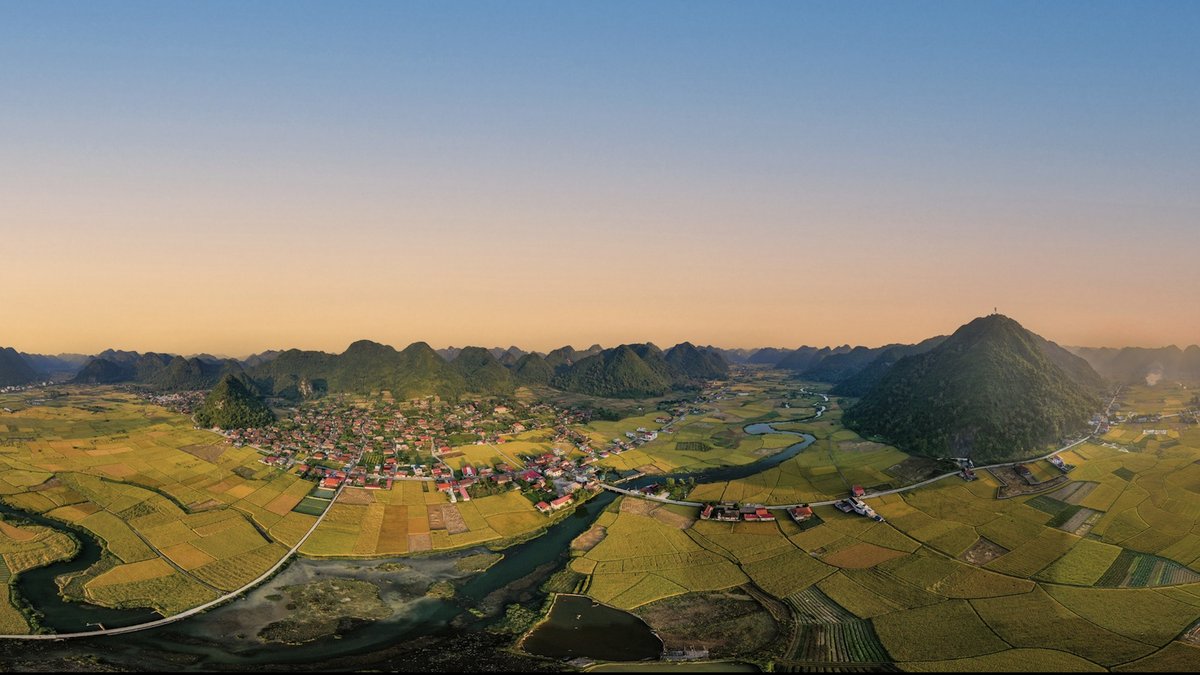
![[Photo] New-era Party members in the "Green Industrial Park"](https://vphoto.vietnam.vn/thumb/1200x675/vietnam/resource/IMAGE/2025/10/30/1761789456888_1-dsc-5556-jpg.webp)
![[Photo] Fall Fair 2025 - An attractive experience](https://vphoto.vietnam.vn/thumb/1200x675/vietnam/resource/IMAGE/2025/10/30/1761791564603_1761738410688-jpg.webp)
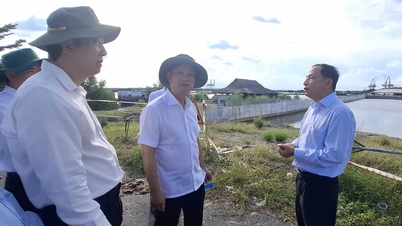

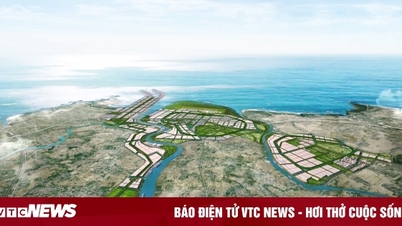

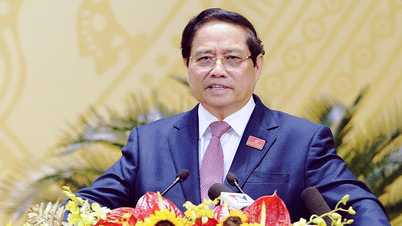




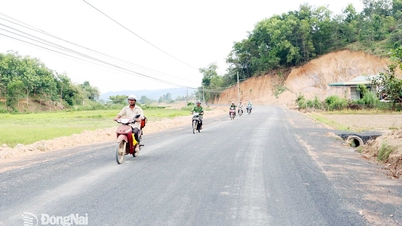















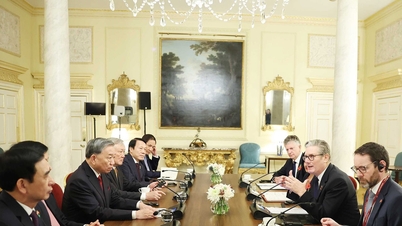
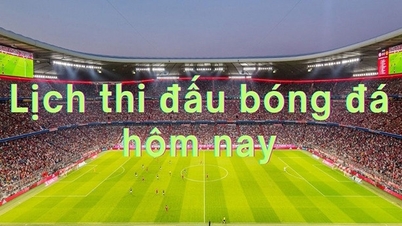

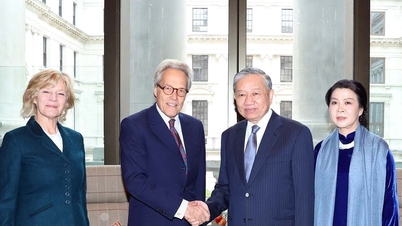











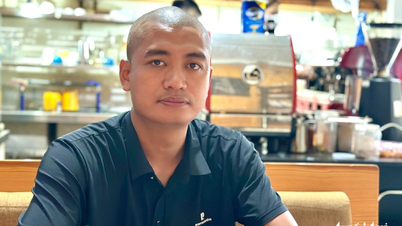
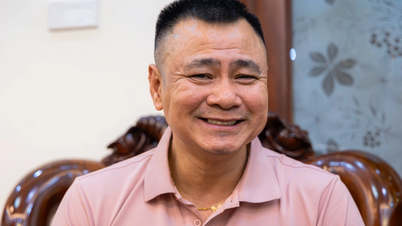






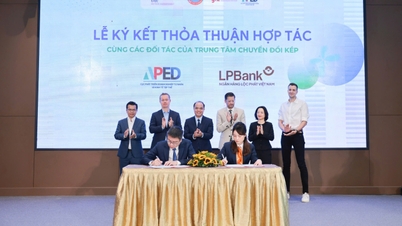

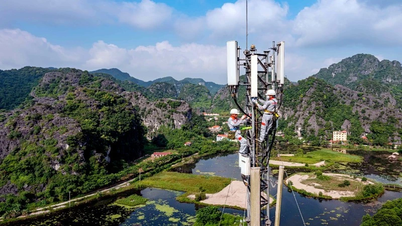
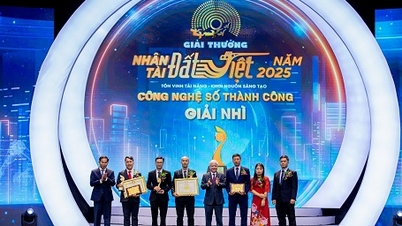

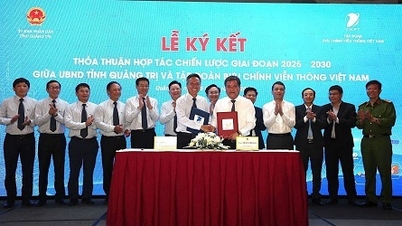
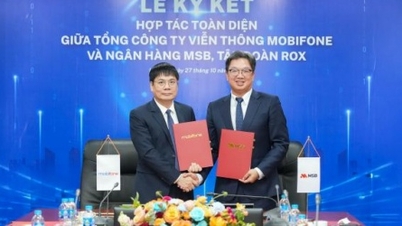
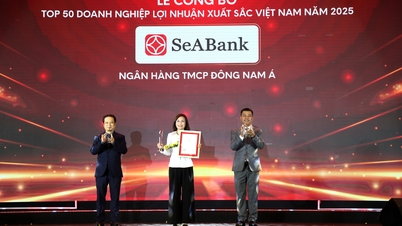







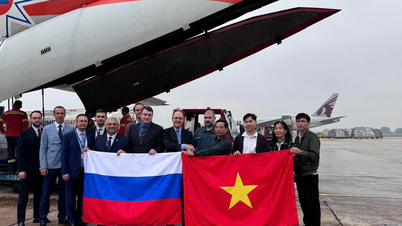


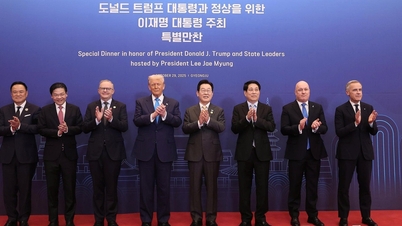


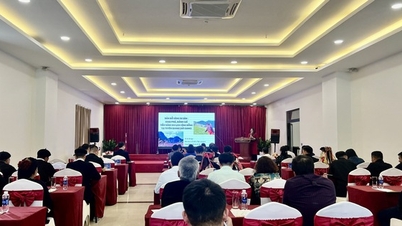
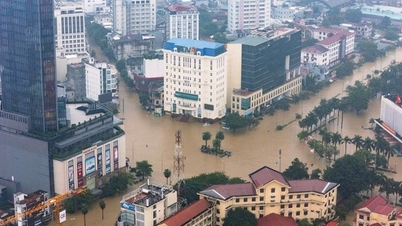
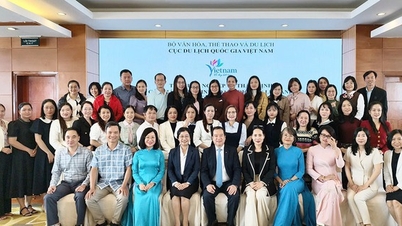

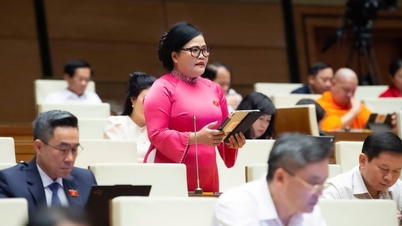
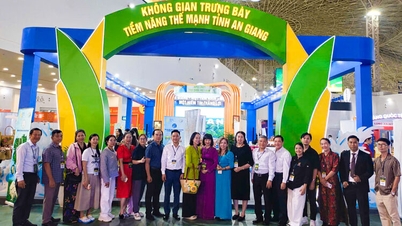

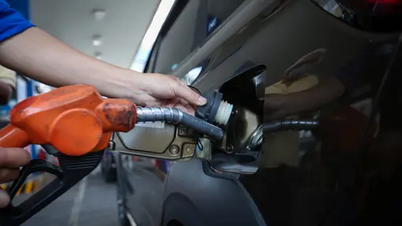

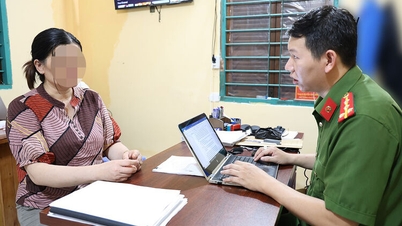


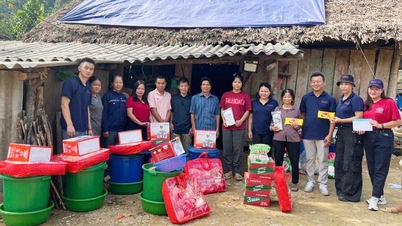

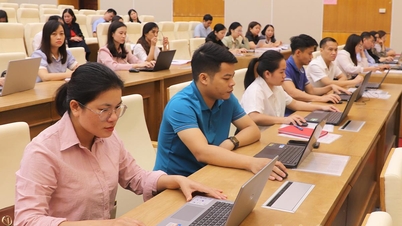














Comment (0)